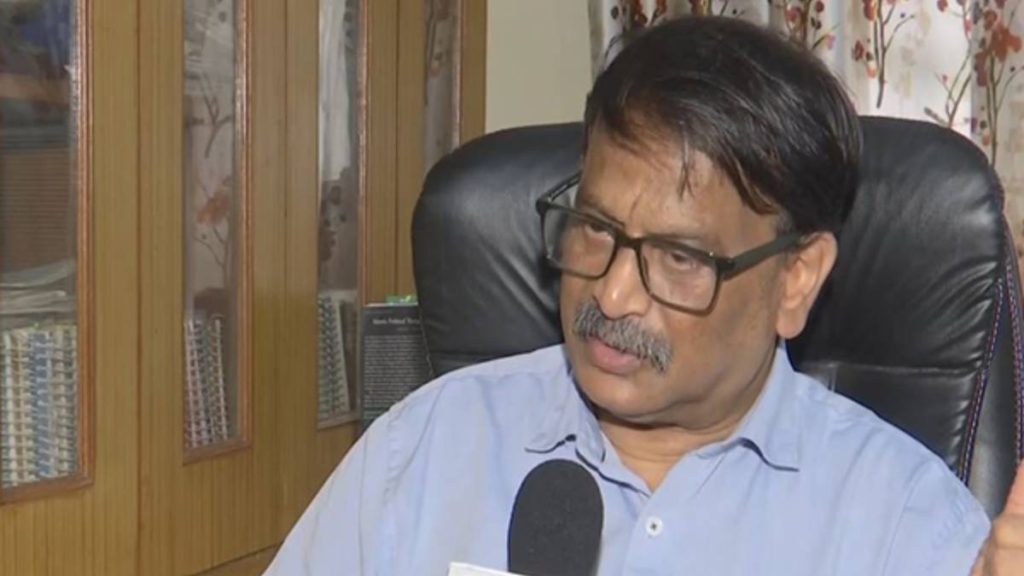As tensions escalate following the US-led airstrikes on Iranian nuclear facilities, former JNU academician and international relations expert Professor Aswini Kumar Mohapatra has urged India to adopt a cautious and balanced diplomatic approach.
Speaking to ANI, the former Dean of Jawaharlal Nehru University’s School of International Studies stressed that India must avoid hasty decisions, keep dialogue channels open, and support global efforts toward de-escalation. “Rather than getting entangled in the regional conflict, India should promote peace and stability,” he said.
Mohapatra highlighted India’s strategic stakes in the region, particularly the India-Middle East Economic Corridor (IMEC) and the International North-South Transport Corridor (INSTC), both of which could be jeopardized by prolonged conflict. He also flagged the Chabahar port project in Iran as vulnerable to regional instability.
India imports nearly 2 million barrels of oil daily through the Strait of Hormuz, making it particularly exposed to global oil market volatility. Since the conflict began on June 13, Brent crude prices have jumped by over 11%, raising concerns over rising inflation, supply disruptions, and economic slowdown.
Mohapatra acknowledged that while India could play a mediating role, it would be more effective in coordination with neutral parties like the European Union, BRICS nations, or even global powers like the US, China, and Russia. He added that India’s long-standing ties with both Israel and Iran, along with its neutral stance, place it in a unique position to help bridge divides.
Addressing the recent developments, he said: “Let things cool down first. India’s involvement in mediation—possibly along with others—could be accepted by both Israel and Iran.”
The US operation, dubbed Operation Midnight Hammer, targeted Iran’s nuclear facilities in Fordow, Natanz, and Isfahan, with Washington declaring the mission a success. While India has maintained diplomatic ties with both warring nations, MEA spokesperson Randhir Jaiswal recently reiterated India’s call for “avoiding any escalatory steps.”
Mohapatra concluded that India’s careful diplomacy—guided by strategic interests and regional stability—will be crucial in the days ahead.
